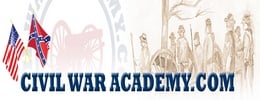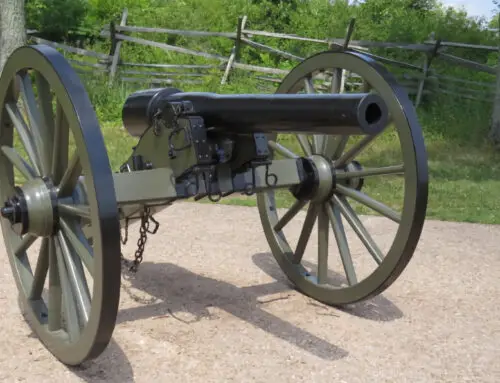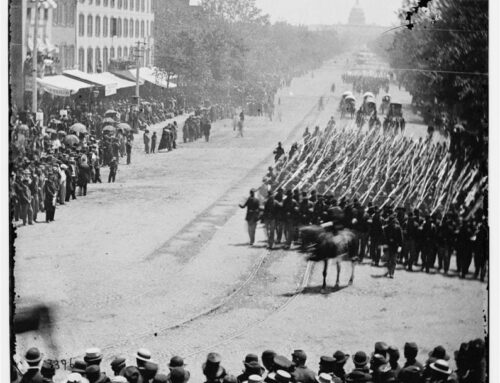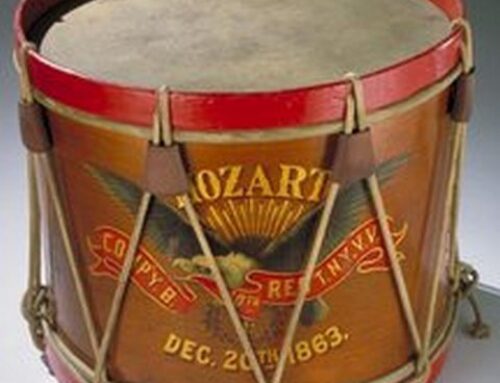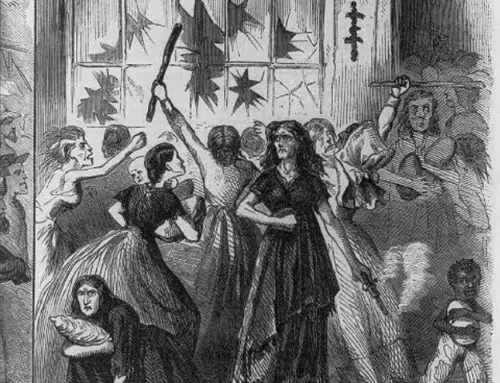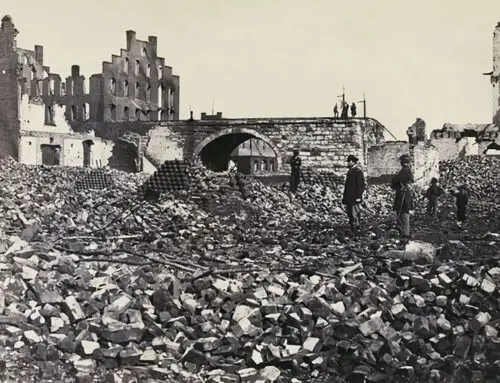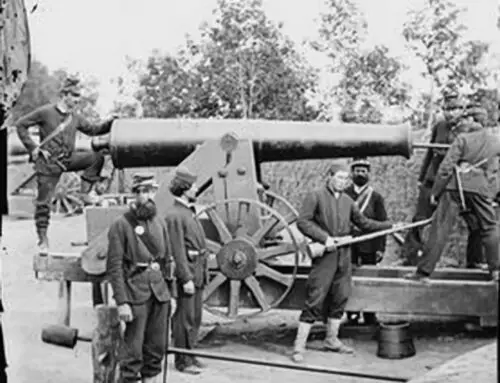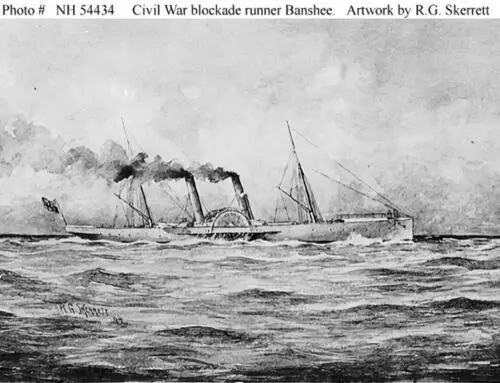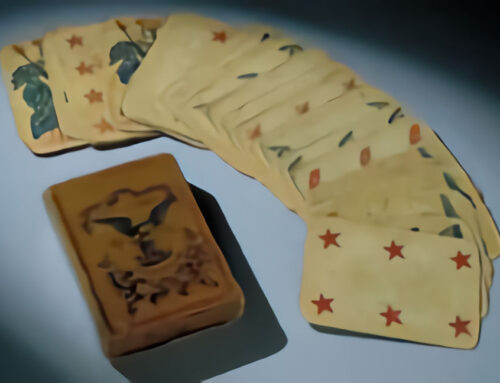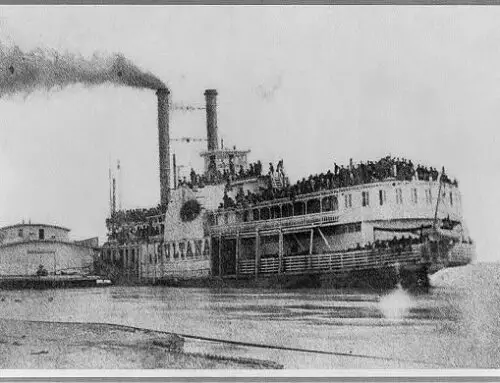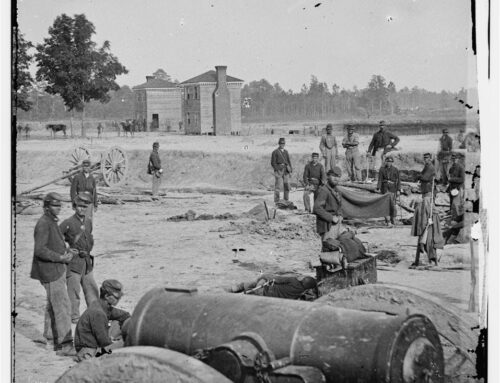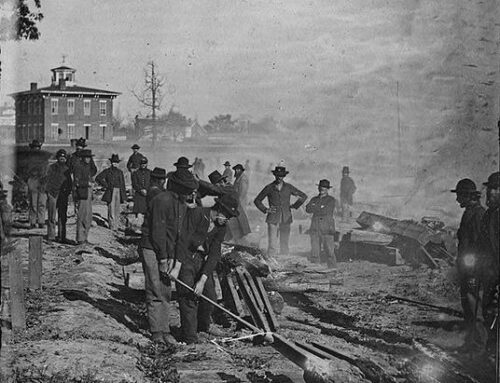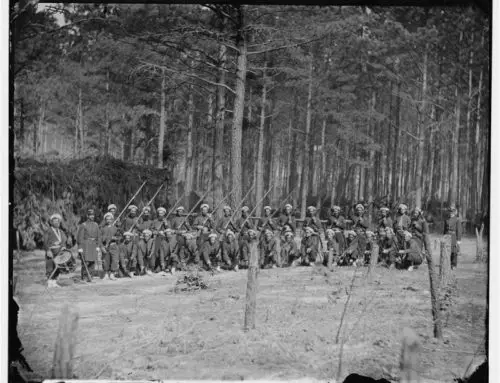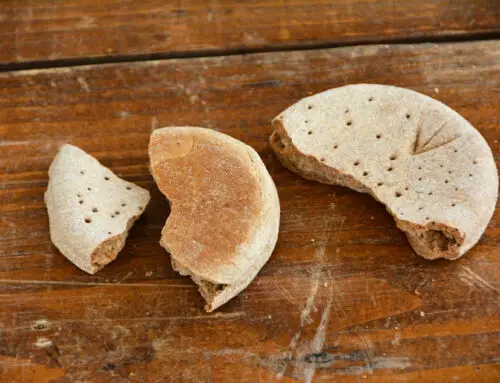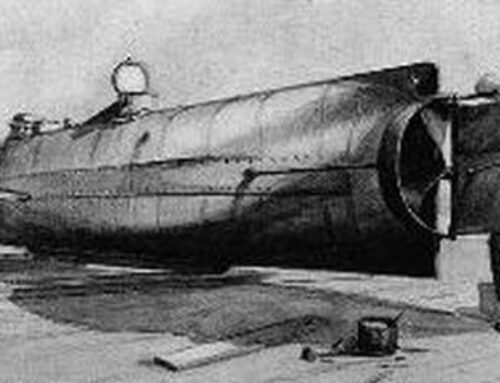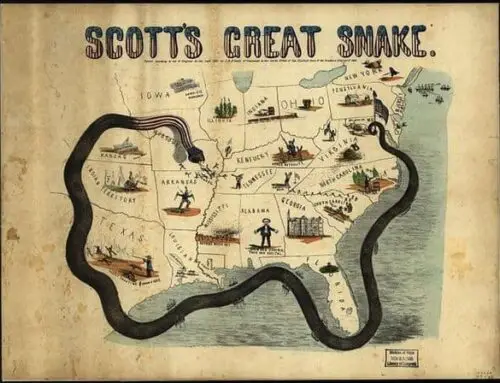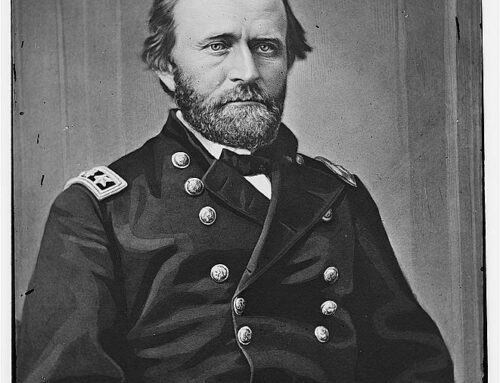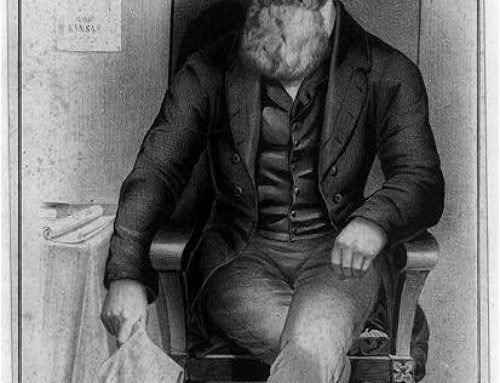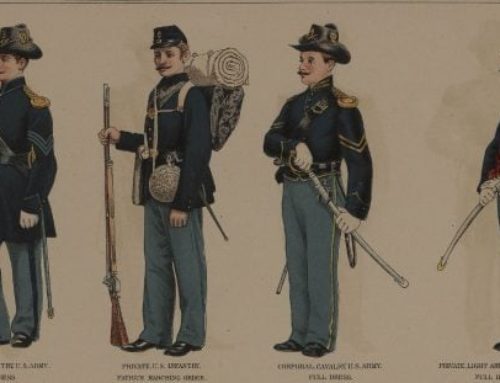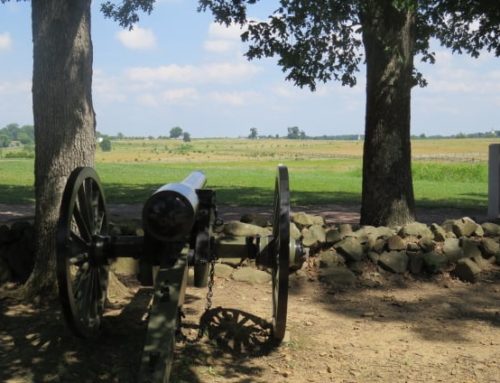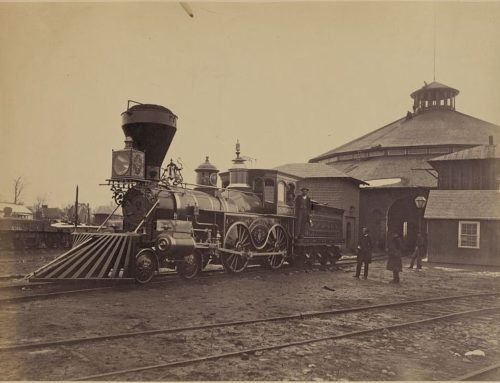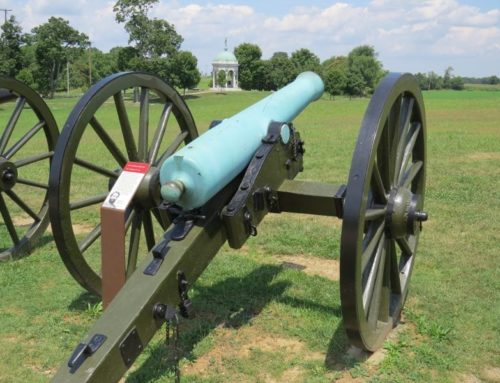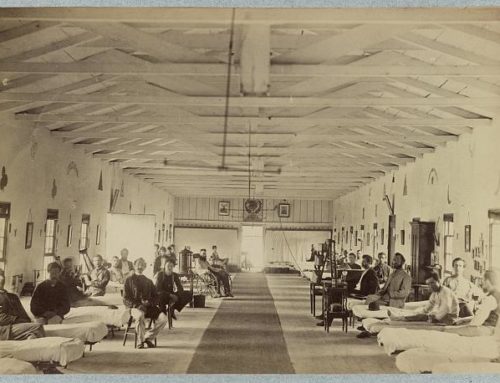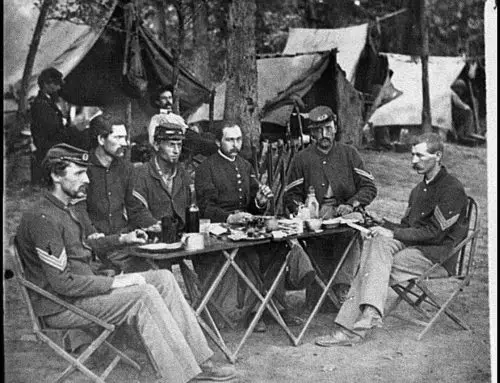Soldier life during the Civil War was not easy. At the beginning of the war, men across the country were eager to volunteer in both the Union and Confederate armies.
Army Lifestyle
When a citizen wanted to volunteer they would receive a medical examination to make sure they were fit for duty. If they were fit they would sign up and be sworn in.
After entering army life the new soldiers would receive their Civil War uniform and other supplies. They would then be sent to an army camp where their training would begin. Soldiers were not permitted to leave camp unless they had a signed pass from an officer. Soldier life consisted of having to drill everyday, most of a soldiers time in camp was spent on drilling.
Union soldiers were trained using Hardee’s Infantry Tactics. It was an easy system to for soldiers to learn. Each day consisted of drilling in the school of the soldier, school of the company, skirmish drill, and dress parade, then taps sounded which signaled lights out, the next day drilling resumed.
After training had ended soldiers were sent from their camps and joined the main armies in the field.
Raising Civil War Units
Civil War units were formed with men from the same town or geographical area. This meant that soldiers were often in the same units as their friends, family and neighbors.
This had some consequences, if a soldier ran away during a battle, all of his neighbors, friends and family would either see it happen or hear about it. This would ruin a person’s reputation very quickly. This created a fear that often led soldiers to fight until they were killed in order to avoid the humiliation they would receive if they were to run at the sight of the enemy.
This fear was so great that when a unit was forced to retreat the men would sometimes run backwards still facing the enemy in order to avoid being shot in the back, since being shot in the back would indicate they had run away.
Another problem with recruiting units of local men was that if a unit suffered horrendous casualties during a battle it could effectively wipe out the male population of a small town.
Soldier of War
During the Civil War army infantry life primarily consisted of extreme boredom, foraging for food, long marches, living outside in all kinds of weather, and fighting.
Life of a union soldier during the Civil War was pretty much the same for Confederate soldiers. Union soldiers were often better clothed and better fed than their Confederate counterparts. As the war dragged on and the Confederates began to lose, the Confederate government had an increasingly difficult time clothing and feeding their men.
Food
Food was always a top priority for a soldier. Civil War food typically consisted of light bread, coffee, fresh meat when available, salt meat, beans, rice, onions, Irish and sweet potatoes and hardtack.
Officers and Ordinary Soldiers
Officers were treated far better than ordinary soldiers. When marching they rode on horseback while regular troops had to walk. When traveling by train officers had the luxury of riding in a passenger car while the troops had to ride in box cars or flatbed cars.
When traveling by steamboat officers had their own private quarters inside the ship while regular soldiers had to sleep outside on the open deck. Officers were paid more and received better food.
While officers received these luxuries and maybe it seemed unfair to the regular troops, soldiers also realized that officers had the weight of the war on their shoulders, they had to deal with strategy and tactics. The decisions they made determined the lives of hundreds or thousands of soldiers.
Being an officer had it’s benefits but it was an extremely stressful job. Ordinary soldiers had no such worries about making decisions, all they had to do was listen to the orders of their officers and do what they were told.
Soldiers had little luxury but they had the benefit of having much less stress than their commanders had.
Civil War Rifle Care
Soldiers were typically required to keep their rifles bright and shinning, this meant they had to disassemble their muskets removing all metal pieces and clean and polish them frequently to keep a nice shine on them at all times. They used a rag with powdered dirt and polished the barrel, bands, lock plate, and trigger guard.
Soldiers also learned to coat their muskets with bacon grease when it rained, doing this protected the musket from becoming rusty.
Soldier Life and Civil War Disease
Civil War disease and sickness were the biggest killers during the war. More men died from disease than from any other cause combined during the Civil War. The reasons for this were simple, bad hygiene, overcrowded army camps, bad water, bad food, and lack of proper sanitation.
These conditions were a breeding ground for disease. While it was understood that these conditions would produce disease it was extremely difficult to provide a clean sanitary environment for soldiers. There were just too many people crowded together and it was almost impossible to keep it a healthy environment while trying to fight a war.
Soldiers After the Civil War
When it was all over and the war had ended soldiers began to return home. While they were off fighting the people and towns they left behind changed little, especially in the north. Some men after spending years in the army would return home and feel as though they had only been gone a day or two. They would resume their lives right where they left off.
The war would be one of the most important events that many of them had ever participated in during their entire lives. When it was all over and they went back home life resumed for many of them as though they had never left.
